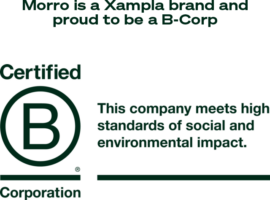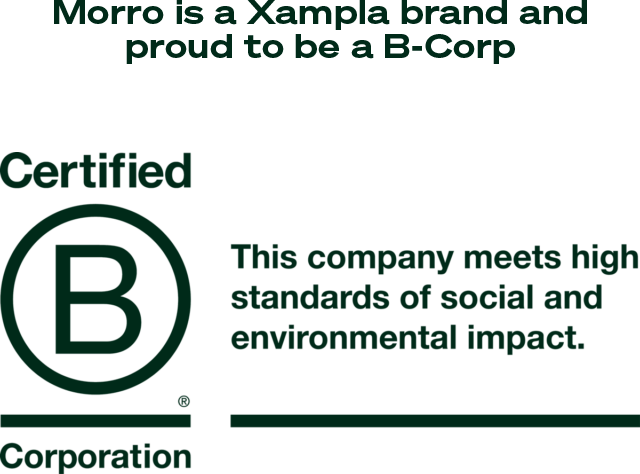
In the EU and UK Health and nutrition claims on food and drink products are highly regulated.
You may assume this is the norm in all markets, but this is not necessarily the case.
The (EC) No.1924/2006 regulation came into force back in 2007, and popular claims like ‘good for you’ ‘high in’ ‘source of’ and healthier, all had clear criteria and conditions that had to be met to be stated on pack.
Although this was challenging for brands at the time it raised the bar in terms of responsible and credible communication to the consumer, forcing companies to substantiate their claims and conduct the relevant due diligence to ensure integrity for consumers.
Since the UK’s departure from the EU, claims must now comply with the Great Britain nutrition and health claims register.
Nutrition claims: A nutrition claim is any claim which states, suggests or implies that a food or drink has particular beneficial nutritional properties due to the presence, absence, increased or reduced levels of energy or of a particular nutrient or other substance, and includes claims such as “source of calcium”, “low fat”, “high fibre” and “reduced salt”.
Health claims: A health claim is any claim that states, suggests or implies that a relationship exists between a food category, a food or one of its constituents and health. This would include claims such as “calcium helps maintain normal bones”. More general claims such as “good for you” may also be health claims, and the Regulation takes these into account.
Medicinal claims, which claim that a food can prevent, treat or cure a human disease, are not permitted.
Disease risk reduction claims and claims referring to children’s development: These claims are only permitted when authorised and on the register. To obtain authorisation all information including peer reviewed studies must be submitted to the to the UK Nutrition and Health Claims Committee (UKNHCC).
Why does it matter?
Nutrition and health claims are something that can be checked and challenged by trading standards, in same way that allergen labelling, misleading imagery or incorrect information on pack can also be checked.
For example, for a brand to claim foods are:
- ‘source of fibre’ it must contain at least 3g of fibre per 100g or at least 1.5g of fibre per 100kcal
- ‘high in fibre’ it must contain at least 6g of fibre per 100g or at least 3g of fibre per 100kcal
The fibre content must also be provided in the nutrition information on the back-of-pack.
If this product was checked and the claim was not met, the brand would need to demonstrate their due diligence that regular analysis has taken place and been recorded, demonstrating that adequate levels are present. If brands persistently mislead customers then they can be fined significant sums.

Why can claims be challenging?
For some nutrients ensuring the correct amount is present doesn’t pose any issue, but what about nutrients that are unstable during processing and shelf-life?
Many vitamins, for example are susceptible to degradation from heat, UV light and even low pH.
Even if a brand can prove the correct amount was added during manufacturing, if it is not there in the correct quantity at the end of shelf life then they are misleading the consumer and are in breech of the regulation.
The tolerance tightrope
Most brands do not wish to fall foul of these regulations, as they pose a risk at losing consumer loyalty and trust but also brand integrity and reputation.
To overcome issues of degradation many companies overage on the more susceptible nutrients- this is when more is added than stated on pack, knowing that by the time the product reaches the consumer the right amount will be present to meet the claim.
This comes with its own challenges, as overaging can increase manufacturing costs, and brands must be confident of how much the nutrient will degrade, as there have been cases where companies have been found to have too high a levels of a vitamin, which is also not permitted.
If sensitive nutrients can be protected during processing, shelf life right though to digestion, a lot of these issues would be alleviated.
What is the solution?
Morro Nutri uses unique encapsulation technology that can protect valuable nutrients from external factors such as pasteurisation, UV light and low pH. Our microscopic capsules are natural, food grade and made from plant protein meaning they are digested and released in the intestine where they are absorbed- also making them more bioavailable for the consumer.
This unique innovation delivers on multiple levels: – Superior nutrition for the consumer, regulation adherence due to increased stability and enhanced trust and credibility for brands.


